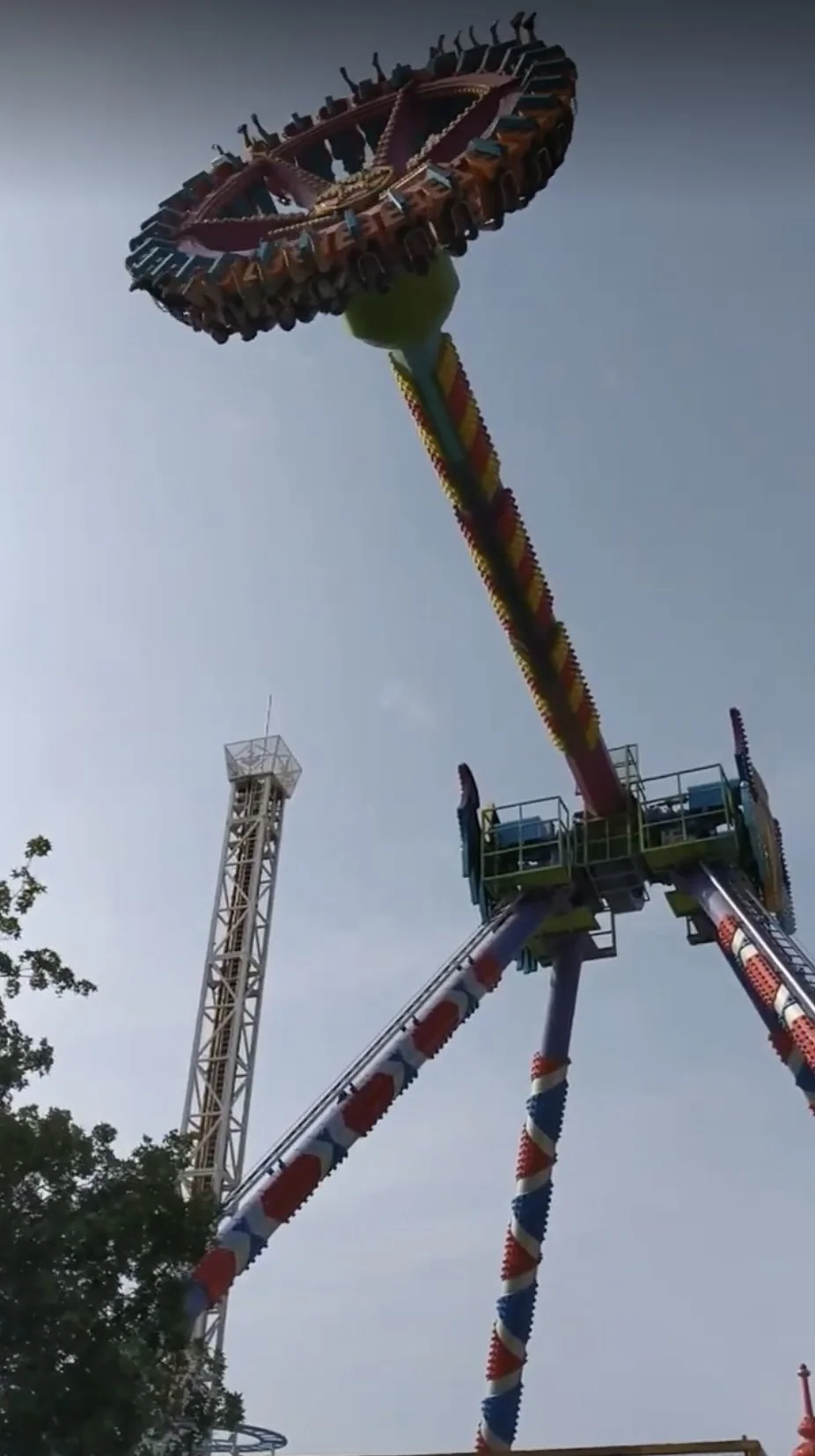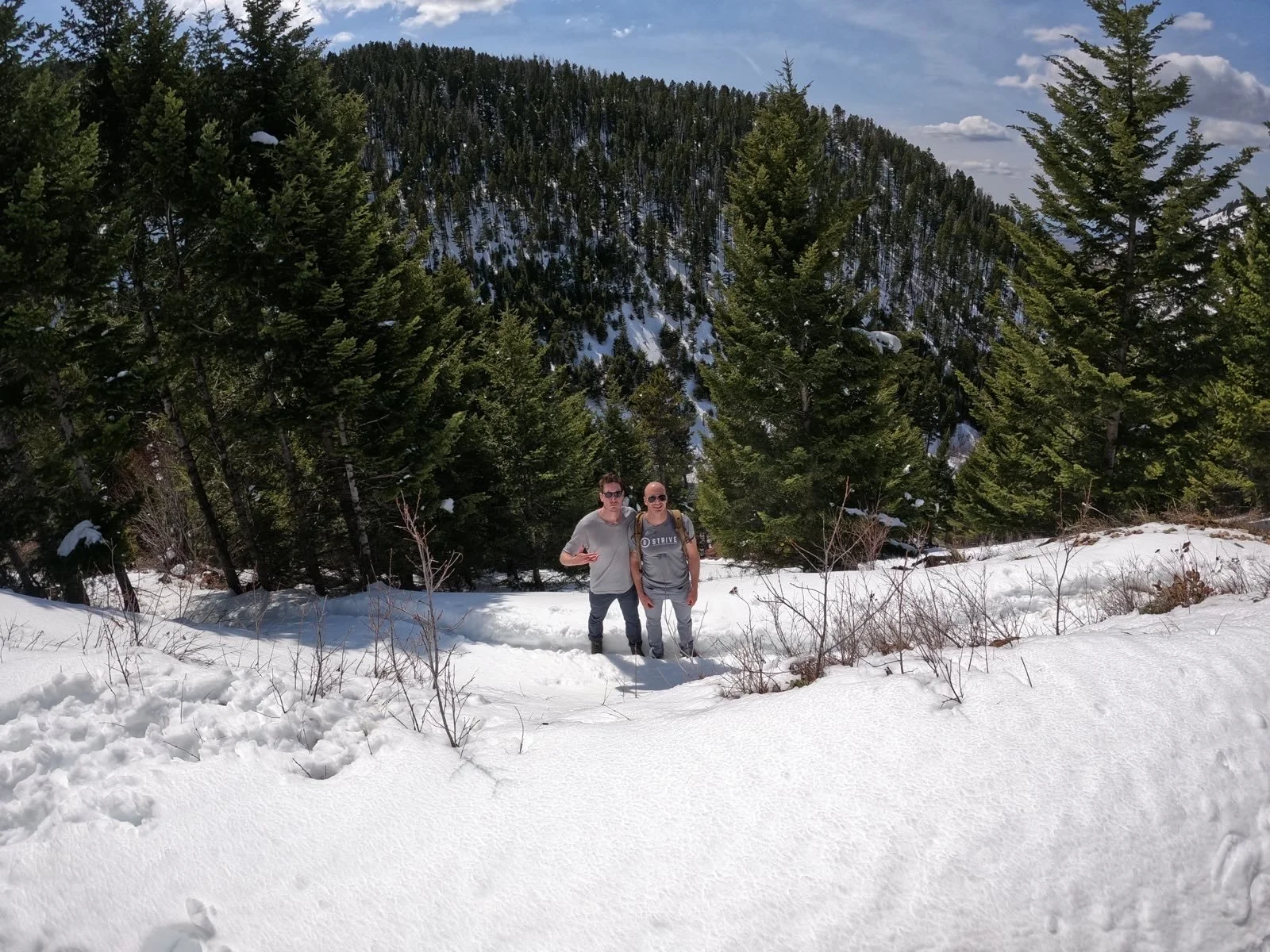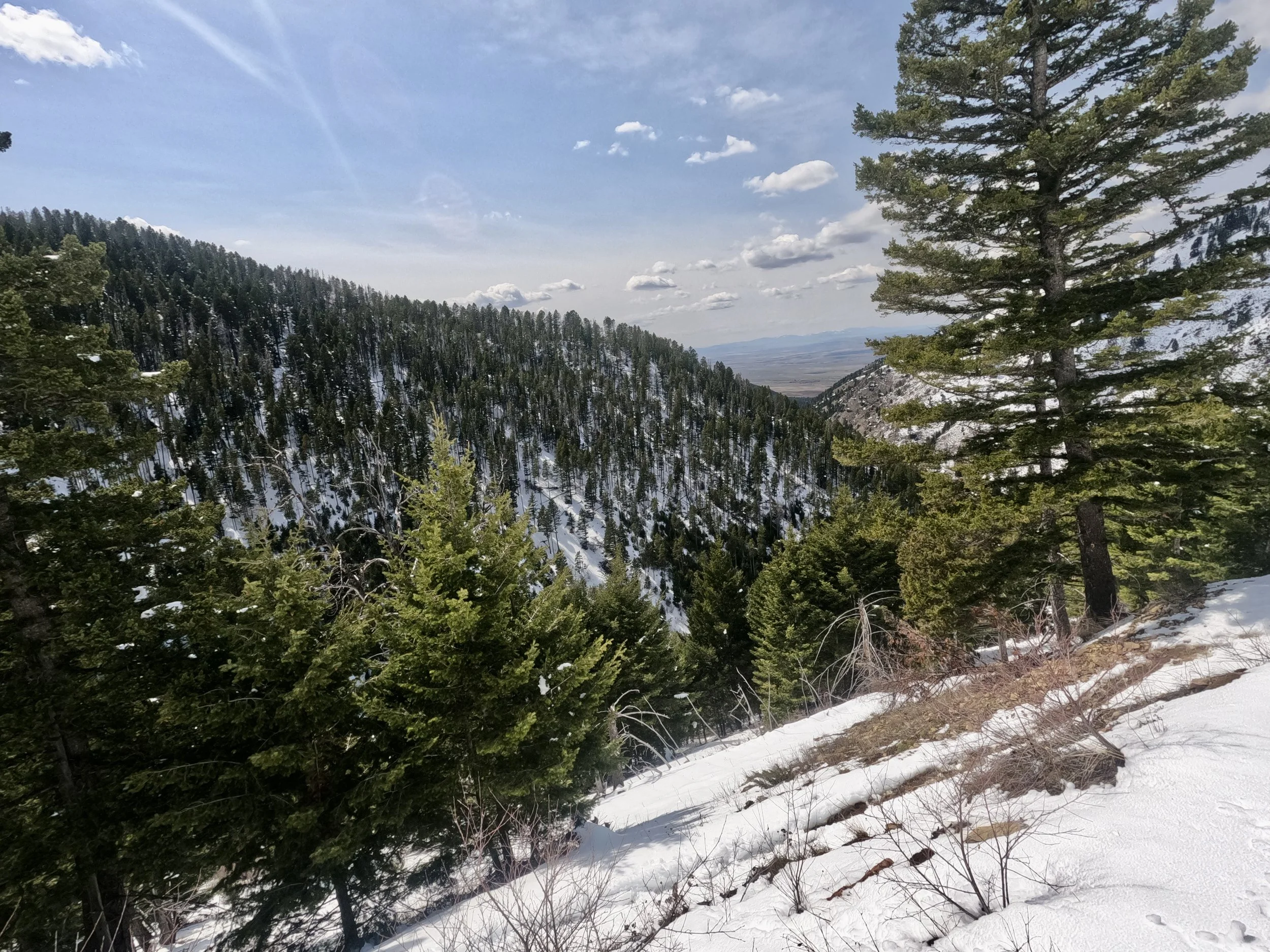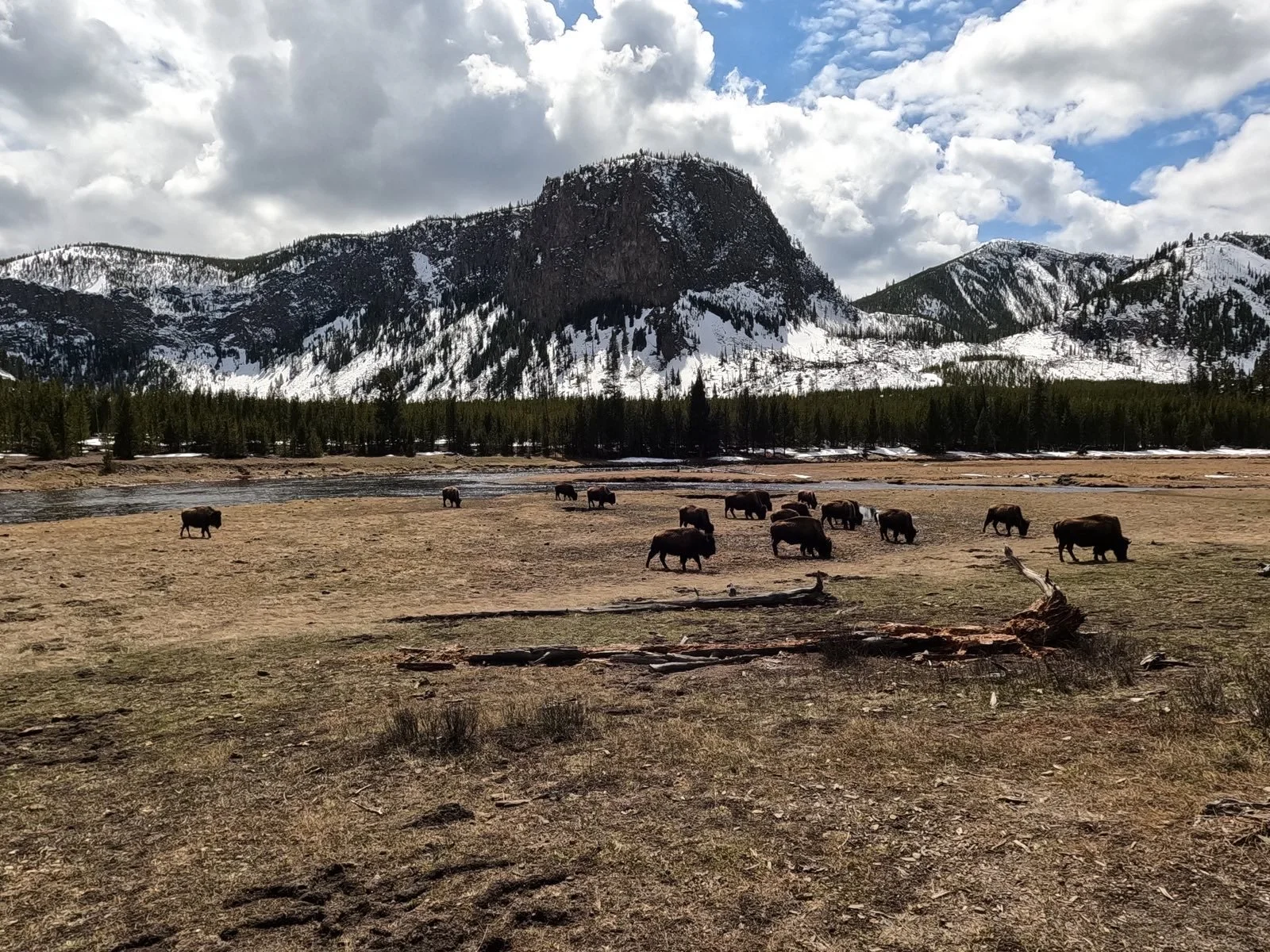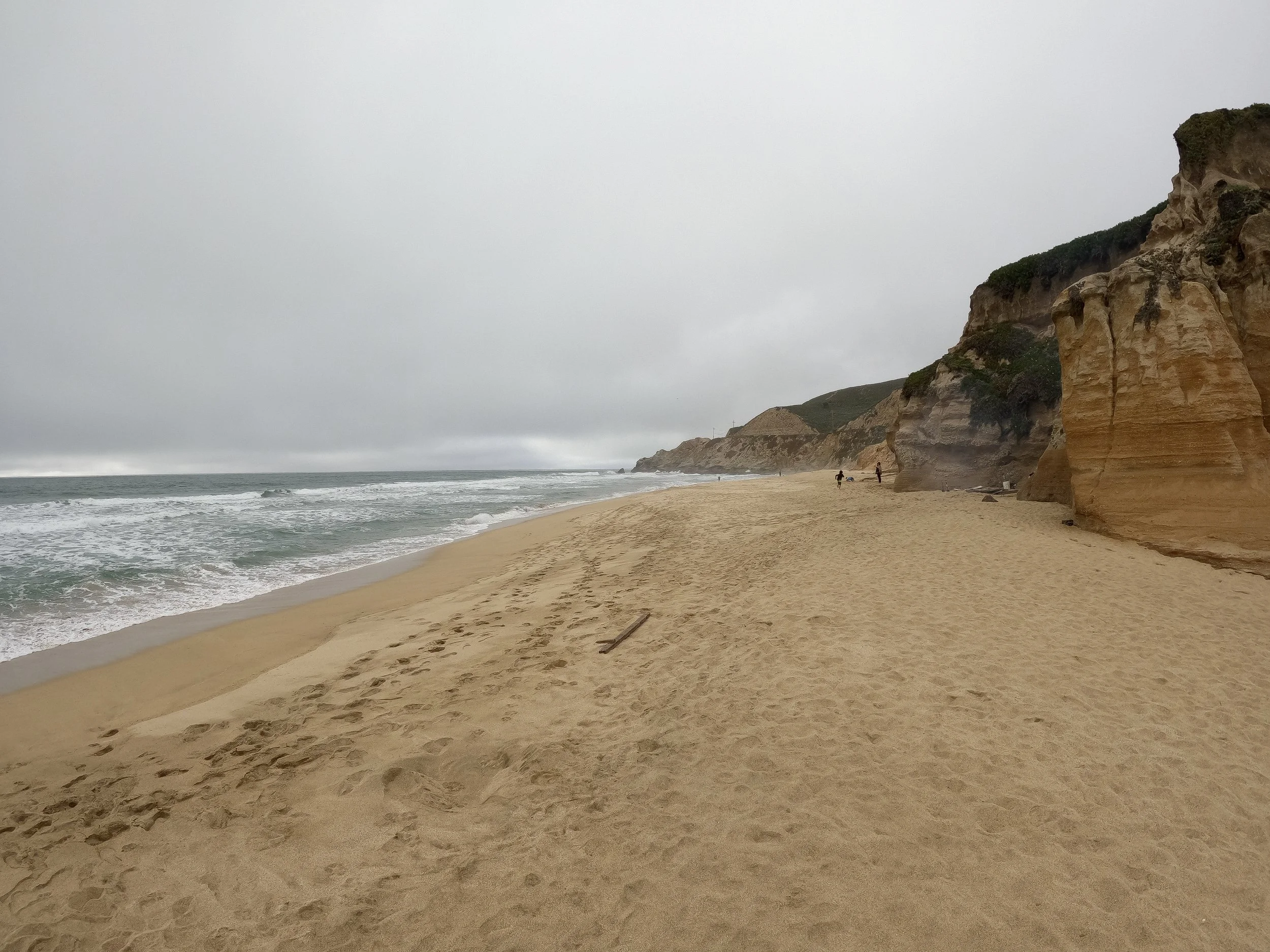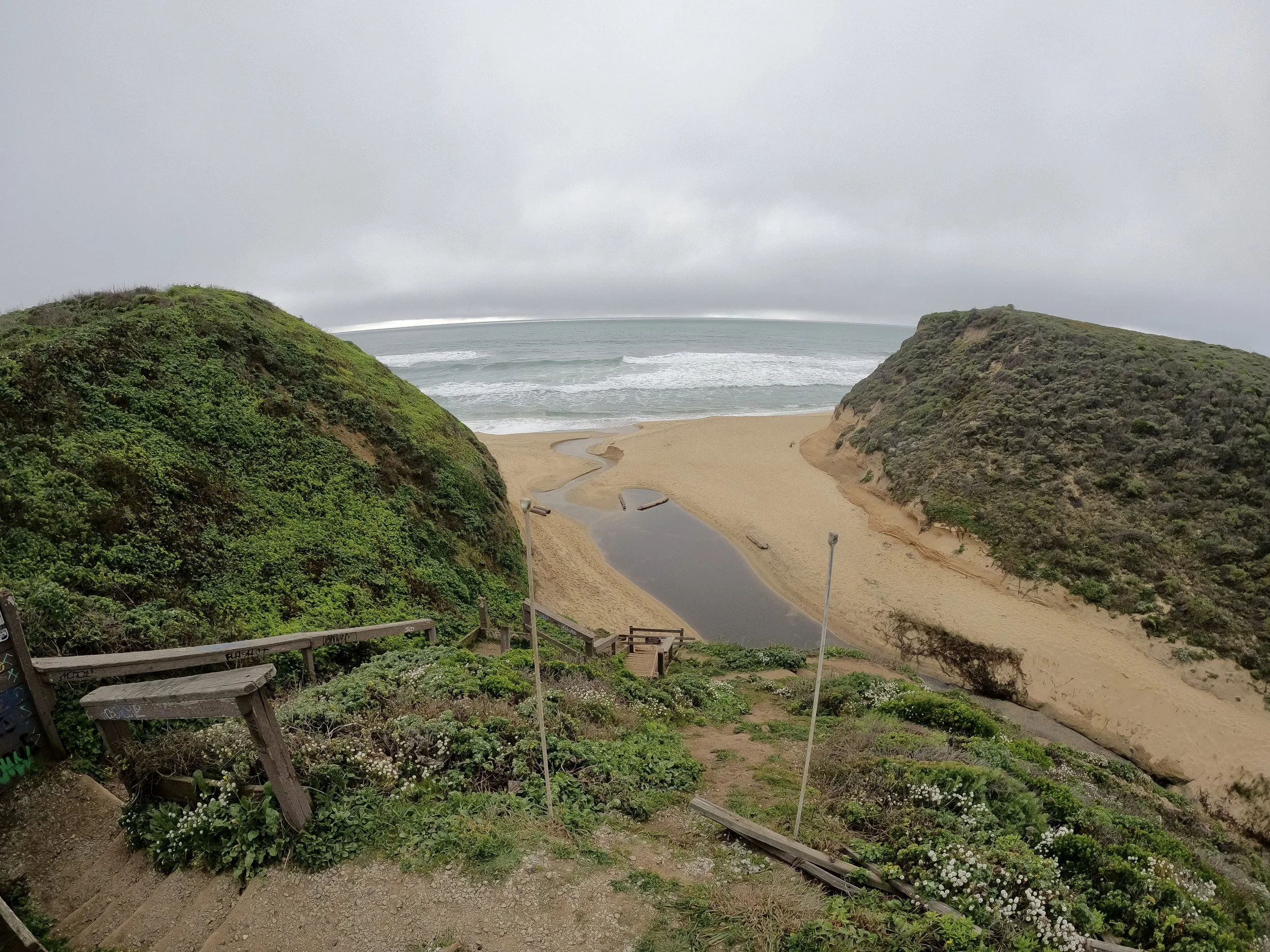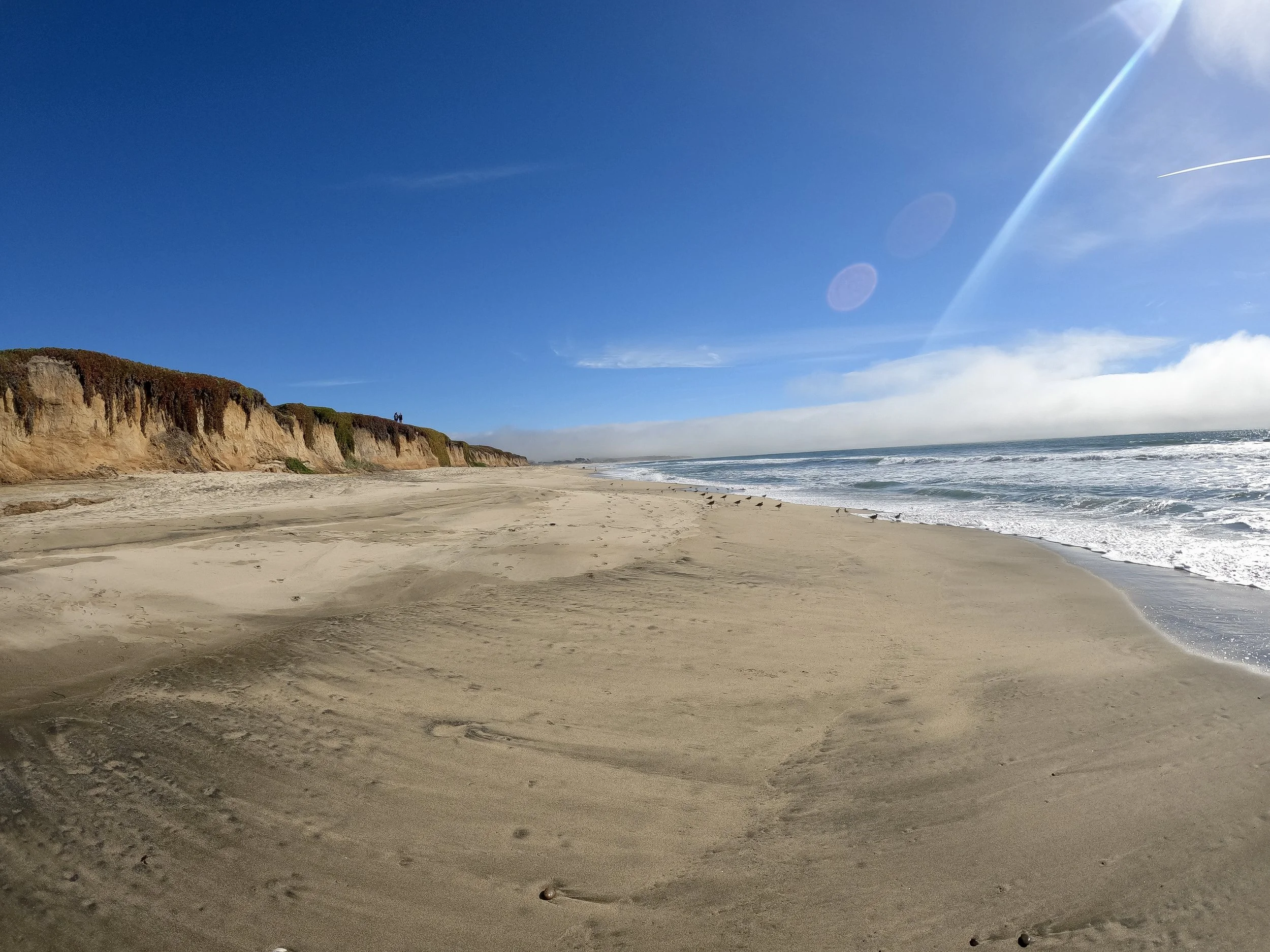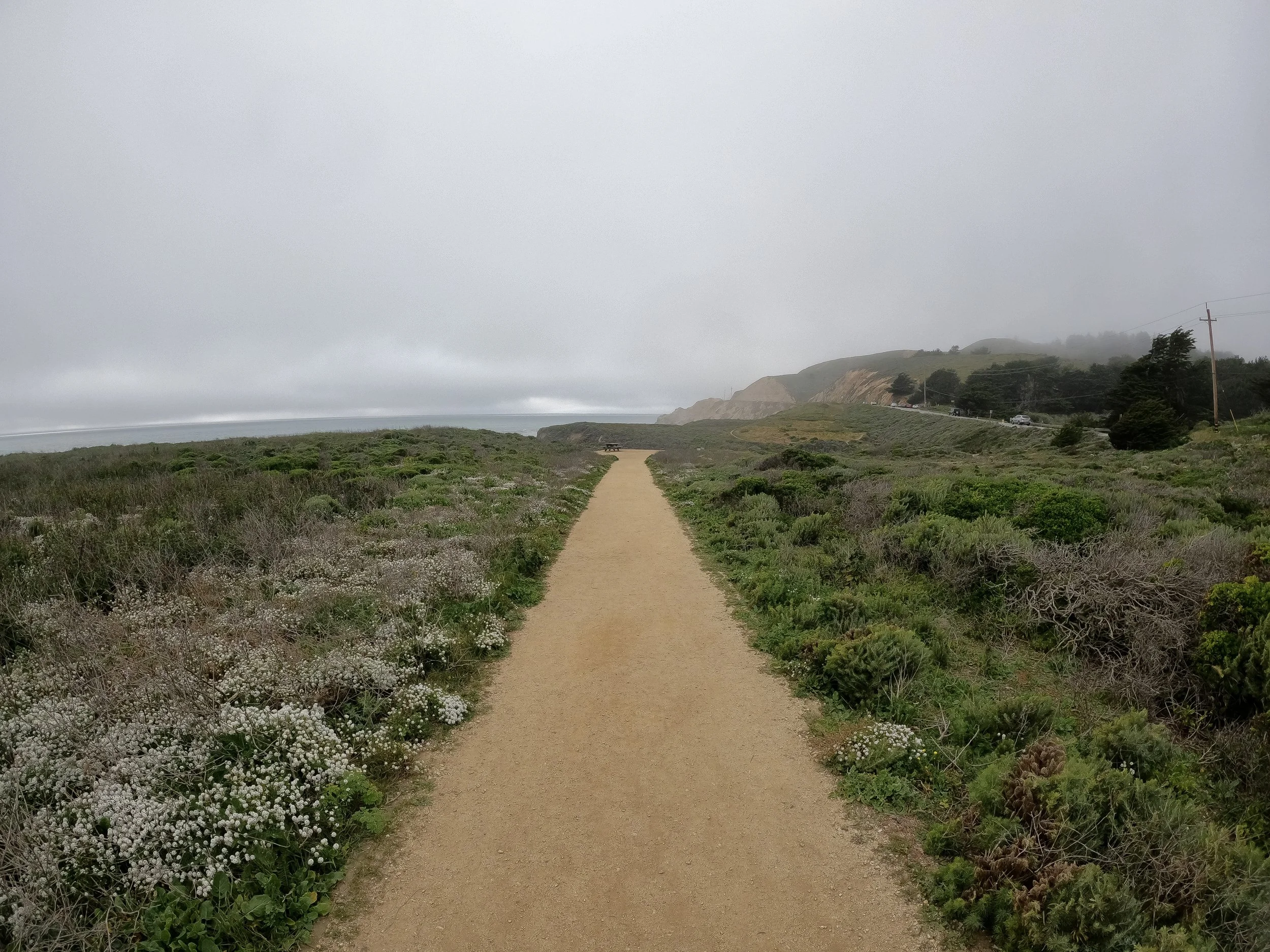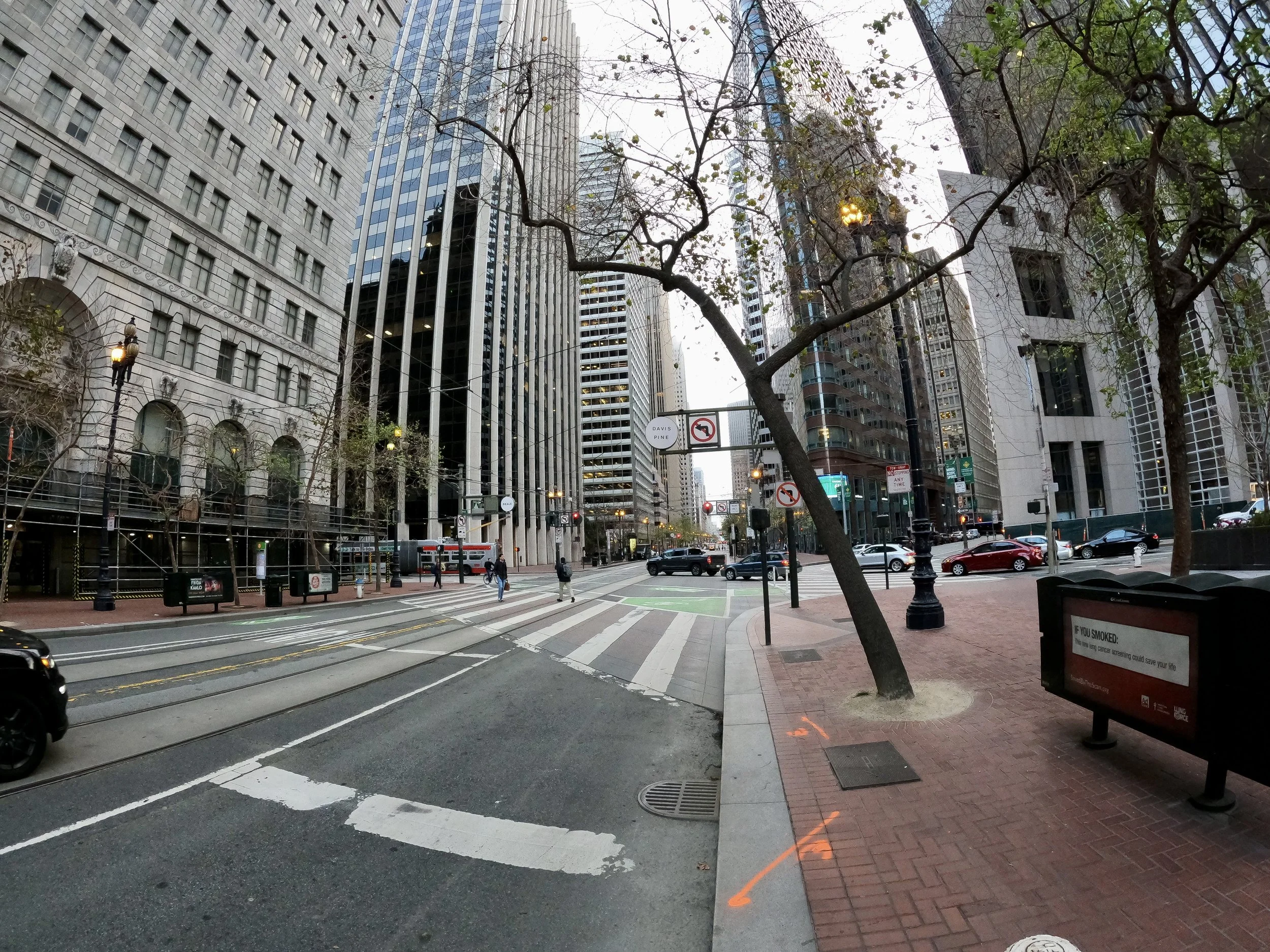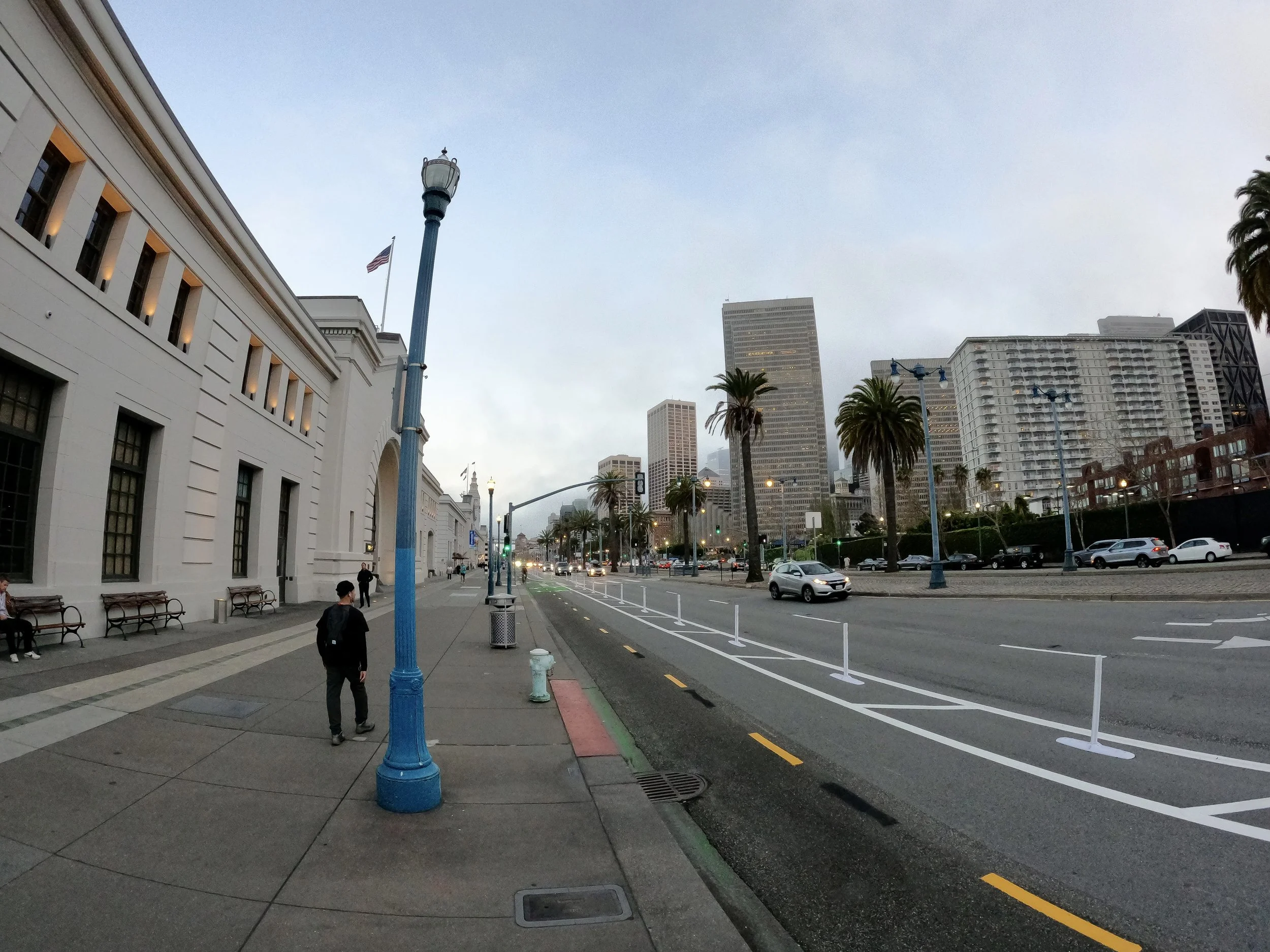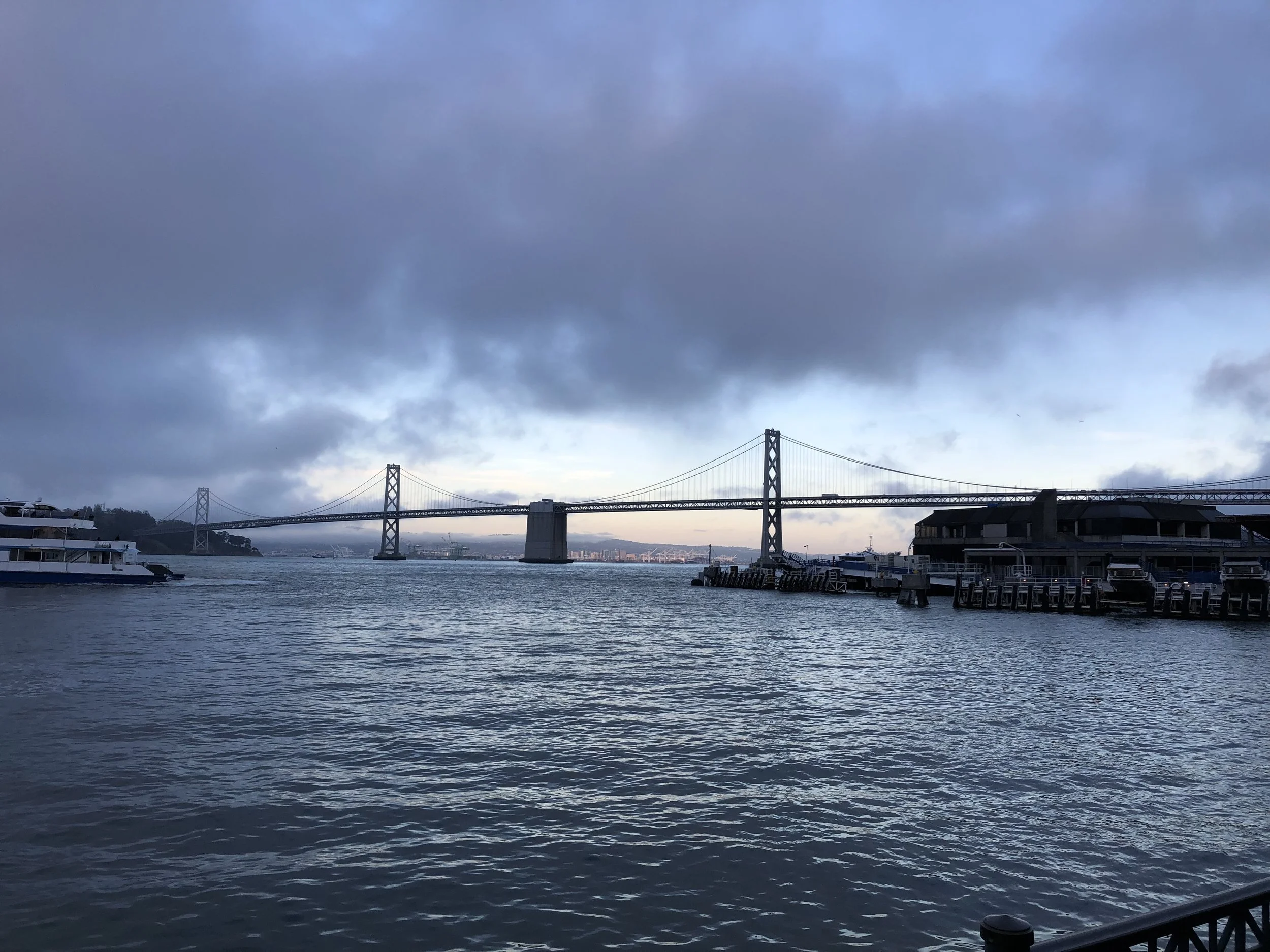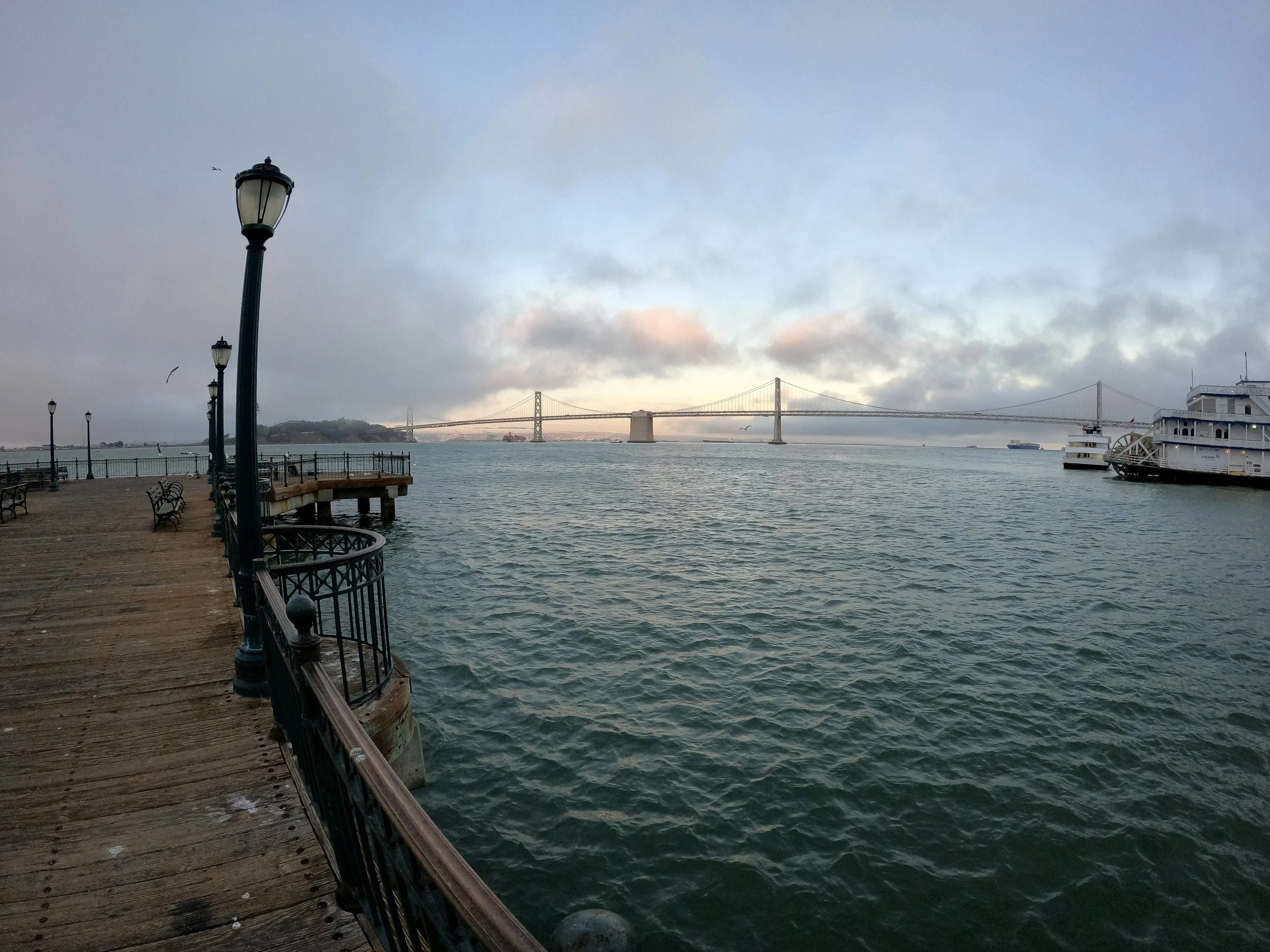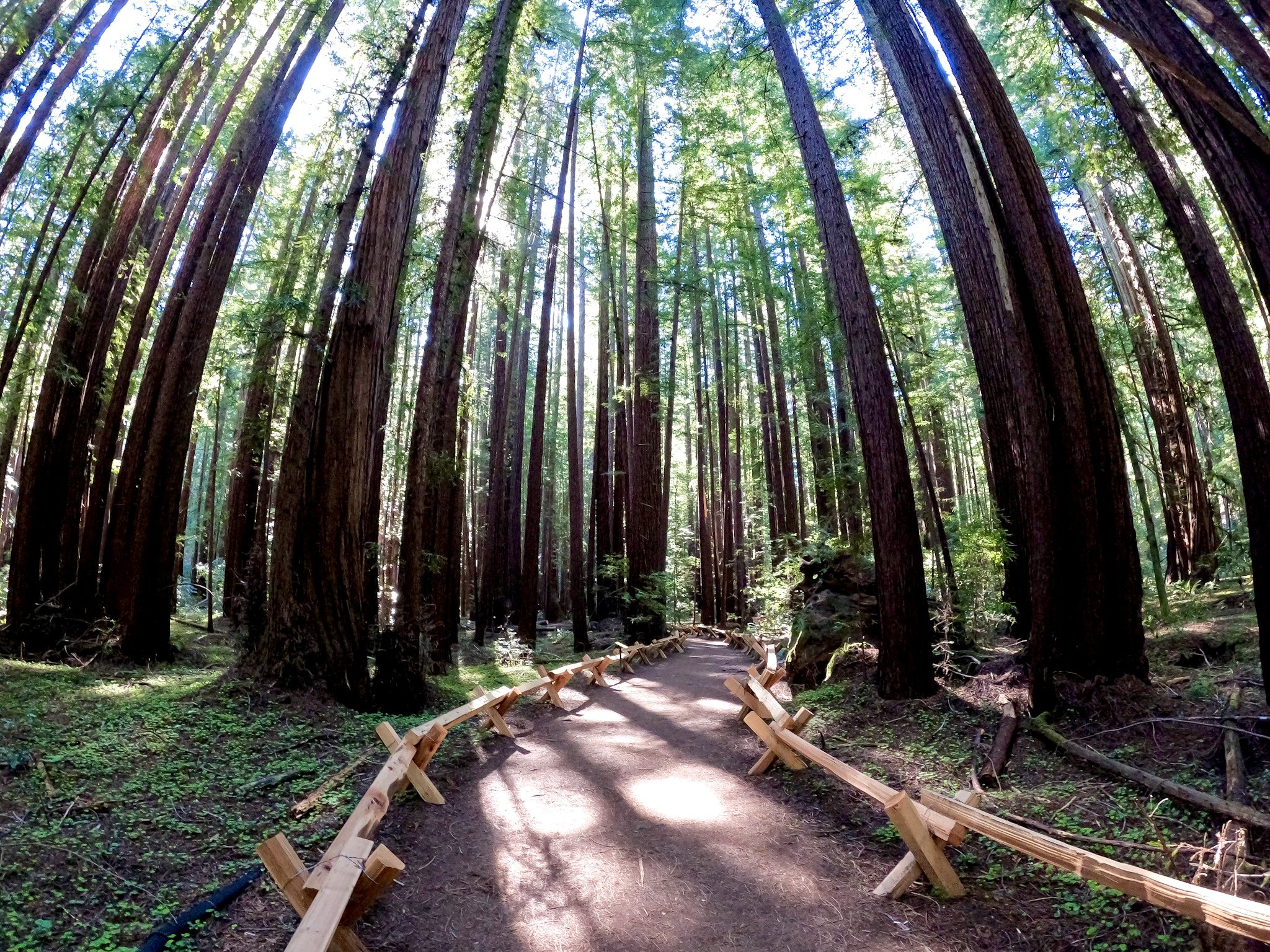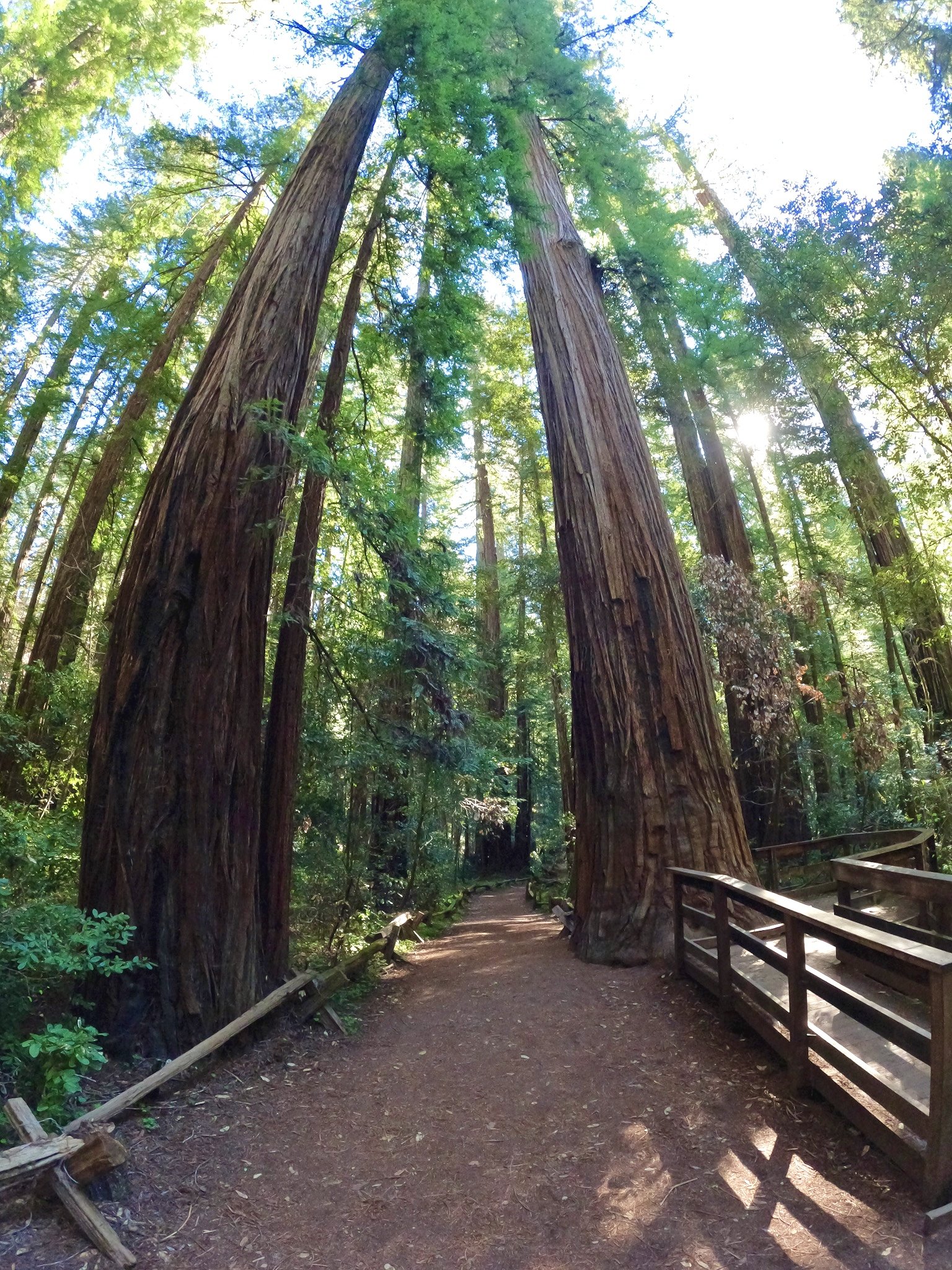My last day spent as a 36-year-old was a stark contrast from my last day as a 35-year-old.
I spent my last week at age 35 bedridden due to a bicycle injury that prevented me from running for the remainder of 2021. On my last day at age 35, I dreamt of running, but struggled to leave my apartment.
In contrast, I spent my last week at age 36 running longer distances than I ever had in my life. With each run my right foot feels better, not worse. I often imagine myself running like a Kenyan, gliding over the Iten hills and along the top edges of the terrain’s escarpments. In my dream I possess the seemingly effortless fluidity of a Kenyan athlete. I snap from this vision and reality reminds me that I don’t have their running ability, but then again, arguably no one else does either.
Because I ran throughout my last week at age 36, I slept for as long as possible through my last day at age 36. I ate donuts and drank a brown sugar shaken espresso from Starbucks. In short, I indulged, and I don’t regret it in the slightest. I hadn’t indulged in awhile. I might as well be gluttonous on the last day.
I visited a doctor for a final evaluation of an elbow injury that I suffered from a bike crash about a month ago. The X-rays were negative. The elbow sprained, but it did not tear. No surgery is needed. Time will heal the elbow. It might be weeks, and it might be months, but it’ll heal. That news was a very nice birthday present.
I continue to heal the pinched nerves in both of my hands, remnants of overuse during a bike packing trip I embarked on two weeks ago. I’m still reflecting on that trip and will post more about it.
I think of these injuries and realize that even when I’m healing my foot, I seem to be injuring other body parts.
I am about to finish repairing my gravel bike. In that aforementioned crash last month, the bike’s front wheel bent and its derailleur, cassette, and hanger broke. Yet somehow I didn’t break. The doctor I visited told me I have strong bones. I think that’s true, but these crashes also add up over time. I don’t know if I have another crash in me.
“How are you feeling?” The bike shop manager asked me when I took my damaged bike in for a repair. He noted my scrapes, bruises, and swollen elbow. It was a question I don’t often get from anyone besides my immediate loved ones.
We always ask, “How are you doing?” This beckons the default answer, “Good.” I was surprised that someone would ask how I’m feeling.
“I guess I’m good today,” I said.
“I mean, how are you feeling mentally, after the crash? Are you okay? Because after my last crash, I was never the same again. I wasn’t the same cyclist.”
I was touched that someone cared to ask that. It had been awhile since a relative stranger showed care for my wellbeing. I absorbed it for a moment. Was I really okay? Am I?
“I think it might be time for me to only bike on trails and greenways,” I said. I took a deep breath. There was a sense of finality in my words.
“I reached the same conclusion after my last crash,” he replied. “I hope you feel better though and keep cycling.”
“I’ll definitely keep cycling,” I said. “Maybe not on roads though.”
I left the shop and looked out at the clusters of brick and mortar buildings, the gaunt sky, and the constantly flowing currents of traffic that carried with them the acrid scent of car exhaust.
36 is over. There’s no getting it back. I was flawed for that period of time and I’m flawed now, but hopefully I learned a few things through the passage of time. It was quite a journey.
I’m on to 37. I’ll wake up and go for a run. Mentally, I won’t be running through a concrete cluster before work. I’ll be in Kenya, gliding through a valley, or along an escarpment, as the sun crests over the horizon. Away from the screens and keyboard warriors of the sedentary west, and away from the common materialistic ambitions and plastic goals that inundate the office.
Miles from me, a lion will stalk its prey. I will steadily accelerate my pace; the village has long-been out of sight.
